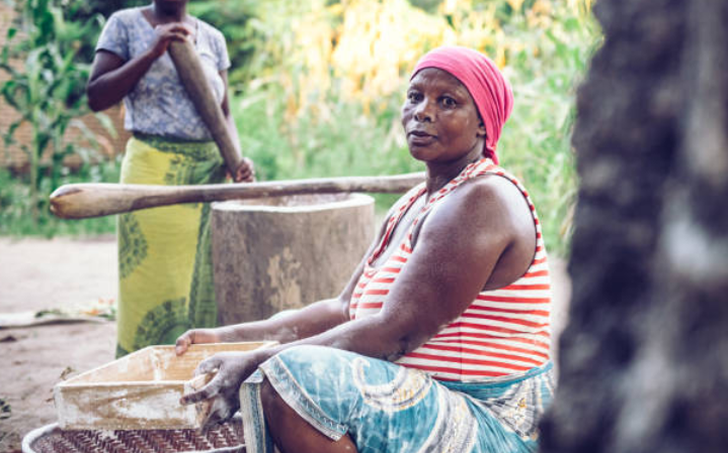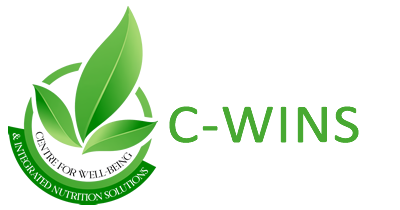Nutrition Intervention Advisory
This is at the core of the work we do. Our work in nutrition interventions directly impact babies, children, mothers, people living with long-term conditions such as diabetes, heart diseases, HIV, cancers, etc.
Whether it is population nutrition studies, improving the diagnosis of nutrition related problems or in resolving them, we rely on the best science and technology to simplified, language and culturally sensation bite size information, education, training, advice, demonstrations, and the supplies of nutritional products working with funders/grantors and partners to improve nutrition in target population.
If you are interested in Nutrition Intervention Advisory services, please complete the form below and one of our team will contact you soon for an appointment.

C-WINS Nutrition Strategy
Our nutrition intervention programs and activities are delivered across four interrelated streams:
Nutrition Intervention at the individual level
Our goal is to strengthen individuals and households, and to influence their behaviours regarding improved food and nutrition practices and habits. By sourcing for the right food, appropriate handling, and preparations, individuals and households would ensure the safety of food and protect the nutritional value of meals. The key to unlock better practices is for individuals and households (particularly with babies and children) to recognise when staple food has inadequate nutrition to meet their needs, and the ability and willingness to access (available and affordable) additional nutrients to fortify or supplement their meals.
Nutrition Intervention at the community level
Our goal is to strengthen communities by utilising the power of social dynamics and networks within small communities (settlements, villages, churches, mosques, social associations, etc.) and communities of practice to improve nutrition sentiments and uptake through the provision of bite size information, education, training, advice, demonstrations, and supplies working with grantors and partners.
Nutrition Intervention at the Institutional level
Our goal is to strengthen institutions by communicating the data and the insights that institutions need for effective and integrated policymaking, resourcing and adequate supplies of food and nutrition to target populations.
Nutrition Intervention at the governmental level:
Our goal is to work with governments to pursue a governance philosophy that focuses on the health, social, economic, and cultural needs of the people. By so doing, helping to create a political, legal, and policy environment that places people at the centre of governance, and as the community’s and country’s most important assets.
When people are educated and have their hands and minds trained, they can as a group with shared aspirations, produce all the food and nutrition that they need, if government provides the enabling environment.
The data suggests that children who are well nourished do well in school, albeit the curriculum, the quality of teachers, teaching, and motivation, to improve outcomes in life, and contribute positively to their community and country.
The programs that we implement, working with our partners, cover:
- Nutrition in pregnancy.
- Breastfeeding.
- Nutrition in people living with HIV and AIDS.
- Nutrition in people with ongoing conditions such as diabetes, hypertension, cancers, tuberculosis, etc.
- Obesity.
- Food fortification and supplementation e.g., iodization of salts, vitamin A, daily and intermittent iron supplementation in babies, and children aged 24 months to 12 years in places where malaria is endemic; and in women (especially during lactation) and adolescent girls.
- Iron and folic acid supplementation for pregnant women to prevent neural tube defects in babies.
- Other supplementation including vitamin B6, E, C, D, and zinc during pregnancy; vitamin D, and zinc in infants and children with respiratory infections and diarrhoea; vitamin E for pre-term babies to prevent disease and death; micronutrients in pregnancy especially in women that have HIV infection, and for people with active tuberculosis.
- Deworming in children, adolescents and women that are not pregnant; and in women that are pregnant.
- Inadequate intake and balance between protein and energy for pregnant women.
- Marketing regulations for breast-milk substitutes.
- Water, sanitation, and hygiene.
- Long lasting insecticide treated mosquito nets.
- Proper labelling of packaged food and drinks, and marketing regulations
- Advice on diet and nutritional supplements for the ageing population.

